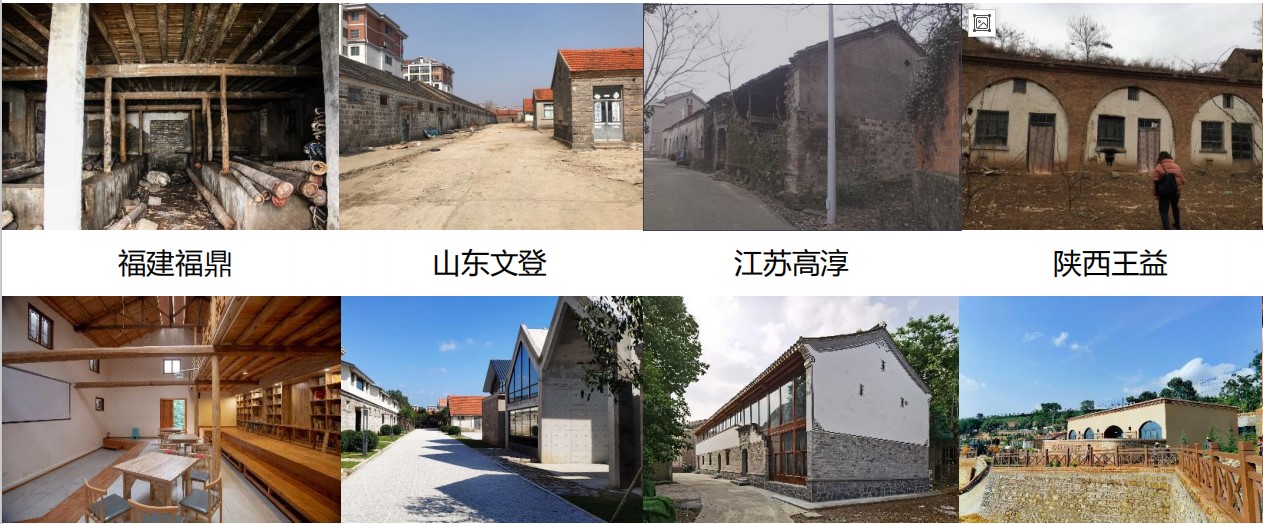Tsinghua University pioneers new model for revitalizing rural areas
- By Wang Yiming
 0 Comment(s)
0 Comment(s) Print
Print E-mail China.org.cn, December 12, 2020
E-mail China.org.cn, December 12, 2020

By transforming disused village buildings into modern, multifunctional community spaces, Tsinghua University is pioneering new ways to alleviate poverty and revitalize rural areas, according to a press briefing held at the university on Tuesday.
Since 2017, teachers and students at Tsinghua University, one of China's top-tier universities, have been working on a project to renovate run-down buildings in the countryside, in collaboration with local governments.
Zhang Hong, the project's founder and a professor at Tsinghua's school of architecture, explained how the project began: "Rapid urbanization has led hundreds of millions of people to move from rural to urban areas, leaving a large number of houses and public buildings sitting empty in the countryside."
"Our original idea was to tap into these unused buildings and provide public spaces for villagers to meet," Zhang said.
"It's not just the construction itself that will make a difference, but also the activities and events that will be held there. They can serve as makerspaces to attract young skilled professionals to the villages in the future."
Cheng Zhengyu, student initiator of the project, explained that a wide range of educational and recreational activities will be held in the buildings following their renovation.
"Distance learning facilities have been incorporated into the finished spaces. Plus, villagers can watch movies and local children can take lessons here like in drawing," Cheng remarked. "Students from Tsinghua also work with villagers to design packaging for local agricultural products and to recycle waste to help revamp the villages."
According to project founder Zhang, the community spaces serve as platforms that connect university students, teachers, designers, architects, and alumni groups, enabling them to direct resources to the countryside, thus helping rural areas achieve more sustainable development.
The project is giving students valuable opportunities to put their professional knowledge into practice. "In the process, we can train students for the future development of the country's rural areas," Zhang said.
Pey Ting Chin got involved in transforming a derelict warehouse into a village community hall in Fujian province during the second year of her master's degree program at Tsinghua University from 2018 to 2019.
"I was fortunate enough to be part of the design team and collaborate with the local authorities during the project," Chin said. "I learned a lot throughout the whole process in terms of research, design and construction."
For Chin, the project has brought many memorable moments: villagers packing out the hall during the first movie screening, the smiling faces of kids playing puzzles together, and even just locals meeting up to chat and watch TV.
"It's encouraging to see my design being used by the villagers in these ways. It seems like the building has already become part of their everyday lives," Chin said.
Tsinghua University plans to build a total of 19 rural revitalization workspaces in 14 provinces across the country. So far, seven have already been completed and put into use.
According to Zhang, more than 1,500 people have taken part in the renovation of the old buildings, including students from over 60 colleges and universities. In fact, many other universities have also begun their own efforts to replicate the model and help breathe new life into China's countryside.






Go to Forum >>0 Comment(s)